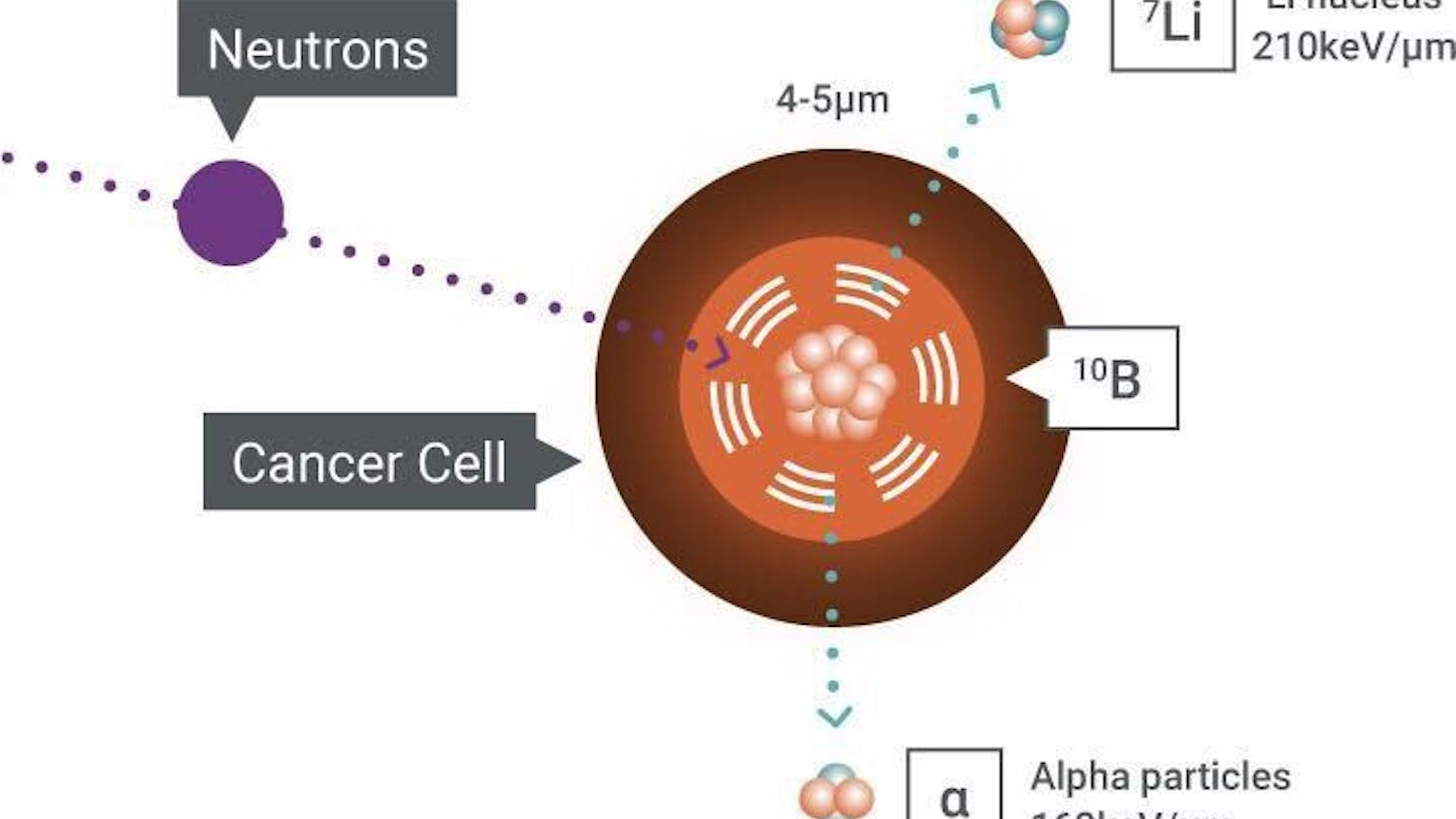You simply can’t remember where you put your keys. It’s fine, happens to everybody and you are just getting older. Good-humoredly, you even start calling yourself “absentminded.” Then, one day, you cannot remember your boss’s last name. You start forgetting the stores you’ve been to, where you went for vacation last year, or what your favorite meal is. You forget how to use the bathroom or when to eat, and the people you care about fade in and out of your memory.
This is the progression of dementia, a neurodegenerative disorder. Currently, over 20 million people in the United States have a form of dementia, and because of our aging population, we can expect that number to double in the coming decades.
Su-Chun Zhang, a professor of neuroscience and neurology at the University of Wisconsin-Madison, has been searching for a solution to this growing problem, and he thinks our answer may lie in stem cells. In the past few months, Zhang and his colleagues have published several breakthrough studies connecting stem cell transplants to brain repair.
From his research, there are three critical discoveries that support the potential use of stem cells as a personalized regenerative therapy for neurological disorders such as Parkinson’s and Alzheimer’s.
Zhang was the first to prove that transplanted embryonic-turned nerve cells can repair the neurological deficits and improve memory and learning functions. He did this by chemically converting human embryonic stem cells into two specific nerve cells, encoding the chemical signals GABA and acetylcholine and then transplanting them into mice brains that were damaged in areas important for memory.
To determine if the implanted stem cells functioned and increased the levels of GABA and acetylcholine, the mice that underwent transplantation were studied with a variety of tests.
“The Molly’s Water Maze test involved a hidden platform in a small pool of opaque water. We wanted to see how fast mice could find the platform. When you destroy those cells [encoding for GABA and acetylcholine], the mice have a hard time remembering even the existence of a platform, much less where it is,” Zhang said, “We observed if our transplant induced a change in learning and memory, and it did.”
GABA neurons are associated with schizophrenia, epilepsy and depression while cholinergic neurons are involved in Alzheimer’s and Down syndrome disorders. Transplanting human cells into mice would allow us to screen the viability of potential drugs for these disorders more safely and effectively.
Knowing the large possibility of transplant rejection, Zhang’s laboratory worked to create neural cells derived from adult skin cells. They converted monkey skin cells into induced pluripotent stem cells, which can differentiate into any body cell, and transplanted them back into the same monkey’s brain. The lack of cell “foreignness” virtually eliminated any potential rejection of the transplant.
“The most difficult part of this research is working with animals. We have to make it our priority to protect them. That is something I want everyone to know. Scientists are truly concerned for their animals. We do a lot of mitigate their pain and stress,” Zhang said.
In the scientific world, people are uneasy with pluripotent cells and their ability to transform into any cell, even harmful tumor cells. Again through another series of experiments, Zhang and his colleagues created a method to turn skin cells straight into brain cells, bypassing the entire pluripotent stage. By doing this, they were able to overcome the problem of, for example, generating bone cells in the brain.
Zhang states the view of stem cells is changing. He remembers a time in his career when all of the questions regarding his research had to do with ethics. He admits he hardly receives such questions anymore. He hopes the dissemination of the wonderful applications of stems cells through the news is what is reforming public opinion.
His advice for students interested in scientific research is to make sure they have the passion for the field they are studying.
“With passion, you can do anything,” Zhang says. “Everyday, I look at a petri dish and I think ‘wow, these cells are just like the ones in my brain.’ Without our help, the nerve cells even organized themselves into a structure of the early brain. It’s incredible. After I first observed this, I never left.”






